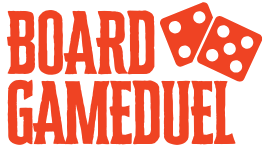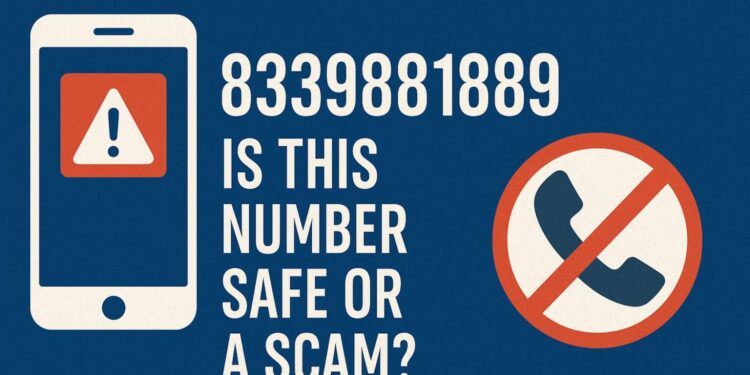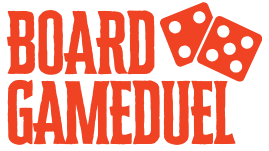If you’ve been getting calls from 8339881889, you’re not alone. I dug through top lookup directories and official resources to see how this number is showing up, what patterns users report, and how you should respond. Below is everything you need—clear, factual, and action-oriented.
What kind of activity is reported for 8339881889?
Multiple call-reporting directories flag patterns you should take seriously:
- RoboKiller shows the number as “Scam” with a negative reputation and thousands of calls logged, indicating broad spam activity rather than a one-off misdial.
- CallerSmart summaries indicate many complaints categorize the calls as robocalls, with a frequent theme of imposter-style outreach pretending to be a business or government.
- tellows includes an FTC DNC Spamlist entry calling it an “Imposters scam,” which tracks with recent scam trends where callers pose as officials or recognizable brands.
- YouMail currently labels it “Low Risk Detected,” which underscores that reputations can vary by time and region—but combined with other sources, caution is still warranted.
Bottom line: User-reported signals point to spam and imposter tactics. Treat unexpected calls or voicemails from this number with caution.
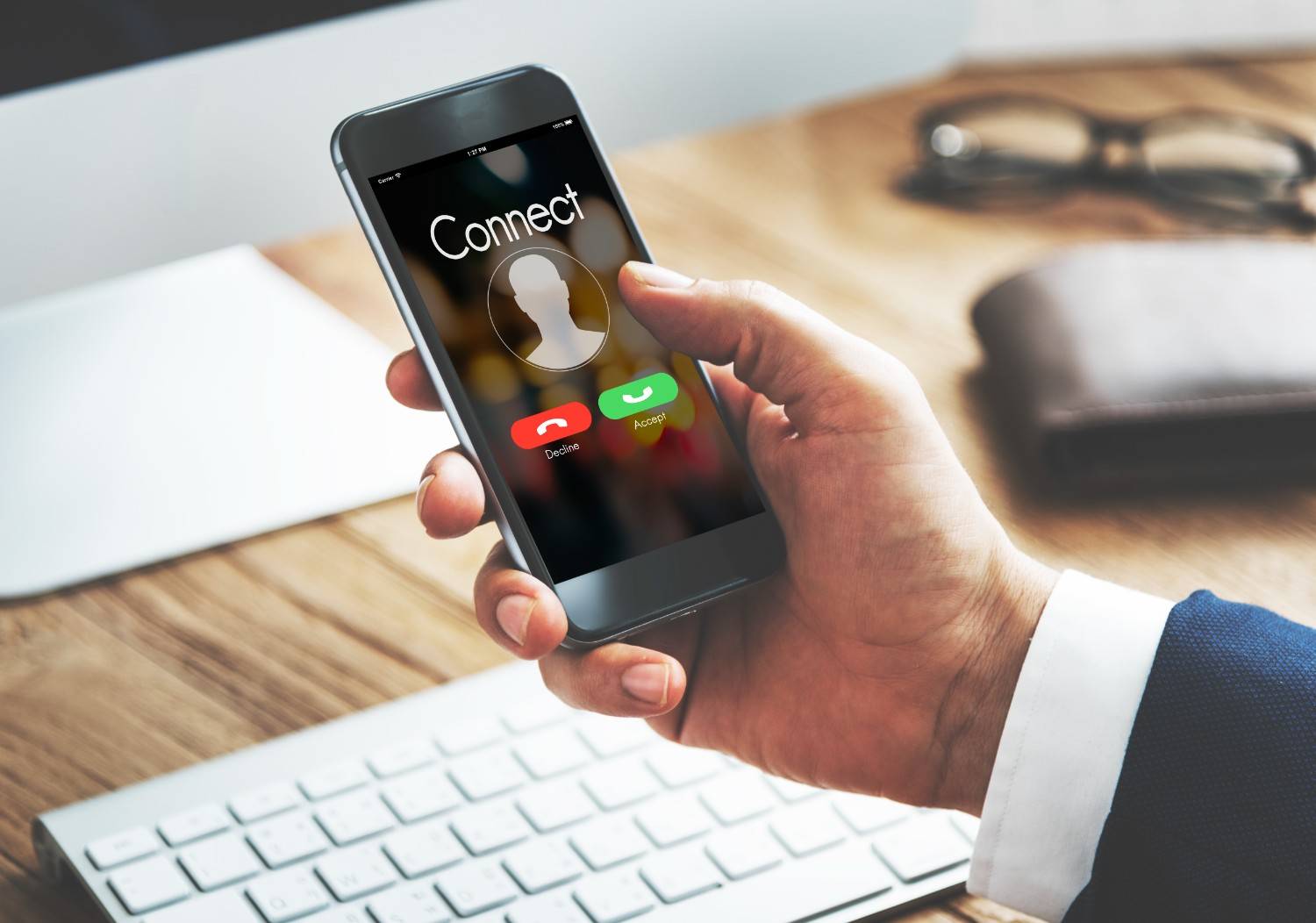
Is 8339881889 a toll-free number and what does that mean for me?
Yes—833 is part of the North American toll-free system (think 800, 888, 877, 866, 855, 844, 833). Toll-free only means the caller doesn’t pay charges, not that the call is legitimate. The FCC notes 833 is a toll-free code and explains how toll-free numbers work and how they’re assigned.
8339881889: How do imposter or debt-style scams typically sound?
From consumer alerts and complaint patterns, you’ll often hear:
- High-pressure claims: “Legal action is pending,” “account compromised,” or “final notice.” The FTC warns this style is common—scammers pose as law enforcement, attorneys, delivery companies, banks, or government agencies to coerce quick payment or data.
- Robocall intros leading to a live agent, or a message asking you to press a digit or call back—a hallmark of call-center-based scams cataloged by user reports.
If you didn’t initiate the interaction, assume it’s risky until you independently verify.
What should I do when 8339881889 calls me?
1) Don’t engage or share data. If you answer, hang up. Do not give personal info, one-time codes, or payment details. This aligns with FTC guidance on handling suspicious debt or imposter calls.
2) Independently verify. If the caller claims to be from your bank, insurer, delivery service, or a government office, call the organization back using a number from its official website—not from a voicemail or text.
3) Block and report.
- Block the number on your device and via your carrier’s spam-filtering tools or reputable apps. Directories like RoboKiller track patterns and help auto-block known spam campaigns.
- Report the call to the FTC (ReportFraud.ftc.gov) and add your number to the Do Not Call Registry if it’s not already there—this helps enforcement efforts and data quality for public alerts.
4) Keep records. Save timestamps, voicemails, and any caller claims. If the caller alleges a debt, the FTC advises you to demand validation information in writing before taking any action.
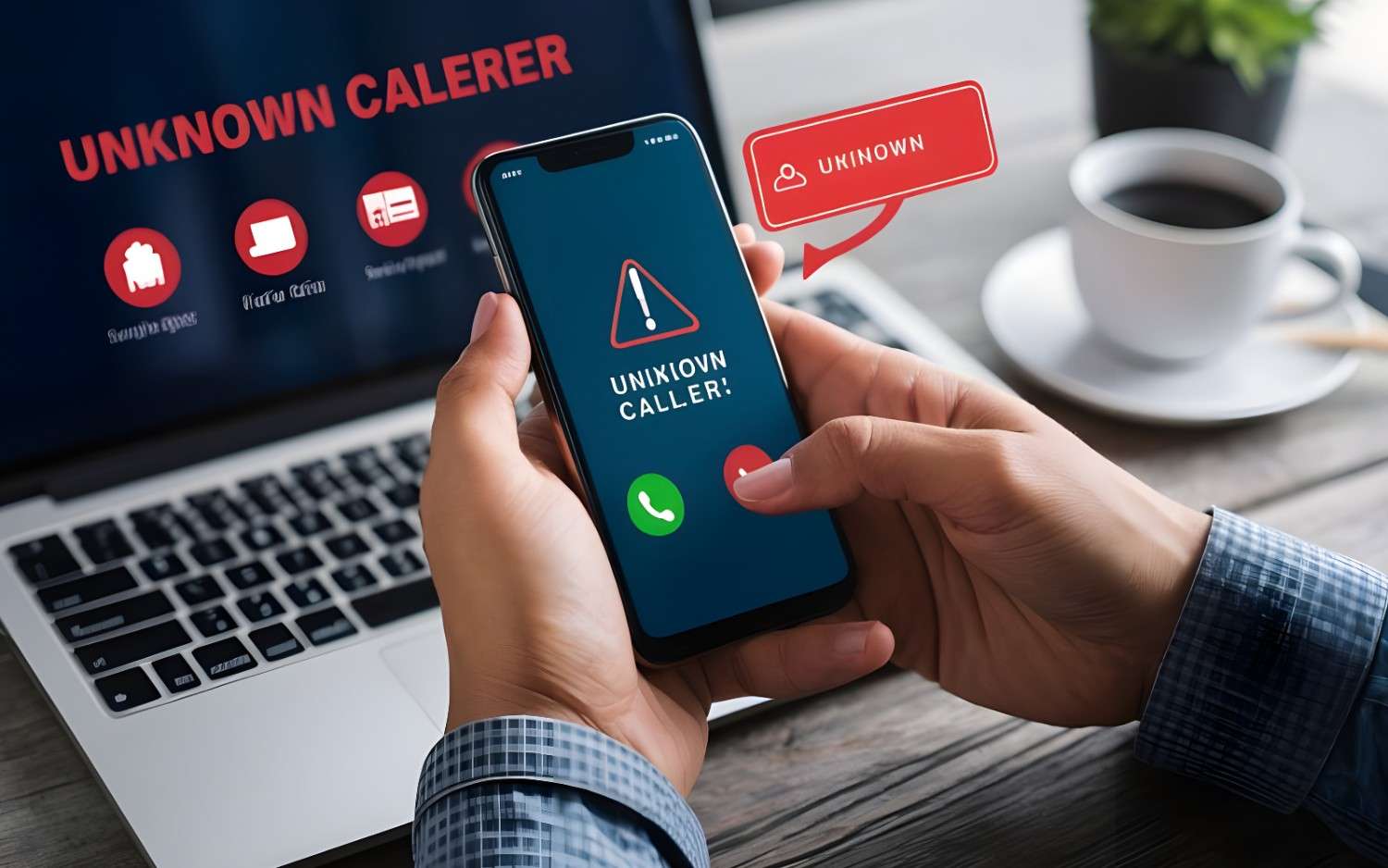
Could this ever be a legitimate business using 8339881889?
It’s possible for real companies to use toll-free numbers, but with this number the weight of public signals leans spammy. Even if a legitimate firm once used or “spoofed” this line, caller ID can be forged. Always verify via official channels before you act. Signals vary across directories (e.g., YouMail’s “Low Risk” vs. RoboKiller’s “Scam”), but the safest approach is verify first, act later.
Red flags I watch for with 8339881889 (and similar numbers)
- Urgent threats or time-limited offers
- Requests for gift cards, cryptocurrency, or wire transfers
- Demands for account passwords, PINs, or one-time codes
These are consistent with broader imposter and fake-debt playbooks flagged by consumer advocates.
FAQs about 8339881889
1. Is 8339881889 a scam?
Directories show strong indicators of spam and imposter activity. RoboKiller lists it as Scam with a negative reputation and heavy call volume, while tellows references an FTC spam list note tied to Imposters scam behavior. Treat it as suspicious and verify independently.
2. Can a toll-free 833 number be spoofed?
Yes. Toll-free status doesn’t stop caller-ID spoofing. Scammers often display numbers that look corporate or official. The FCC materials explain how toll-free numbers work, but legitimacy depends on who’s calling, not the prefix. Always call back using an official website number.
3. What if the caller says I owe money?
Don’t pay on the spot. The FTC advises asking for written debt validation and the collector’s full details. Real collectors can provide this; scammers dodge or deflect. If they threaten arrest or license suspension, that’s a red flag.
4. Should I block 8339881889 or pick up once to “stop” the calls?
Block it. Answering or interacting (pressing keys) can confirm your number is active and lead to more calls. Use your device’s block feature, your carrier’s spam filter, and reputable call-blocking apps to reduce future attempts.
So…should you answer calls from 8339881889?
Short answer: No—let it go to voicemail and verify any claims through official numbers. The combination of imposter-style reports, robocall patterns, and negative reputation across directories suggests caution is the smart move. Keep your data tight, block the number, and report suspicious activity so the ecosystem gets better at filtering it out.
